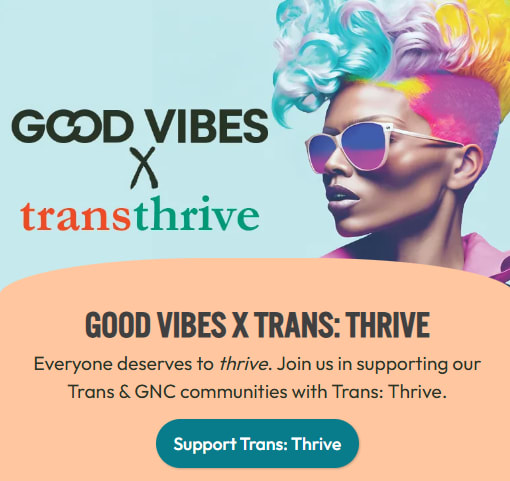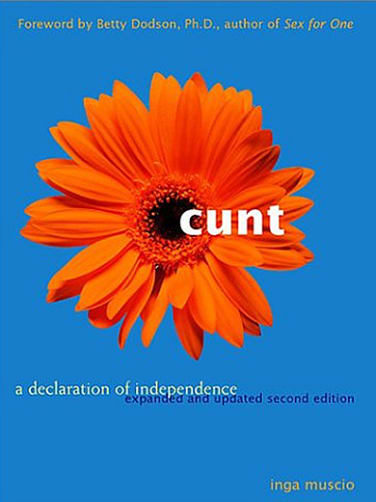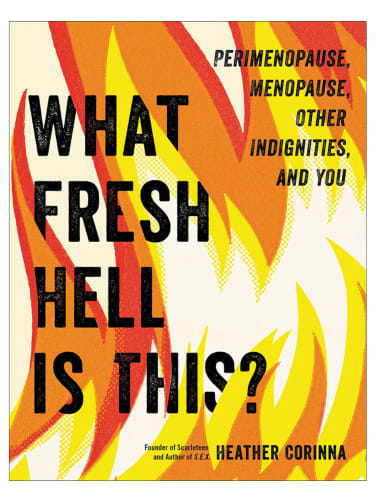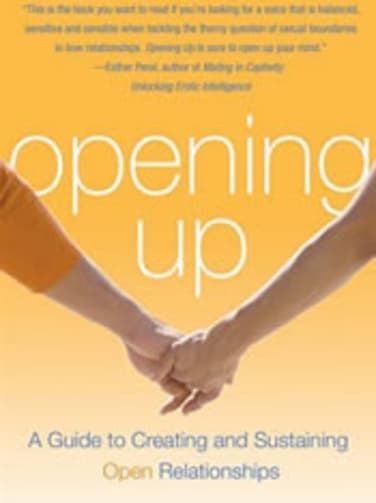Banned Books Week 2022

And if it hadn’t been created back in 1982—to protest a wave of mostly-conservative complaints about library books, including some of the classics—we would have to create it now, in 2022, because banning and burning books has lately been an extremely, excuse my phrasing, hot topic.
And it’s not just parents at the school board meeting—though, as ever, many books are challenged by disgruntled parents who don’t want kids to have access to a whole variety of books and subject matter. This time politicians are driving the train, using culture-war-inflected anxiety and bias about LGBTQ lives especially, and writings that center them.
You may have heard of Gender Queer, by Maia Kobabe (pronouns e/eir). This book—which has won an American Librarian Association award—is a memoir in the style of a comic novel, told in visuals as well as words. It charts the background, growing up, and young adulthood of a person who didn’t fit clearly into gender roles and norms. It’s quirky, moving and thoughtful, a person telling their own story. It’s also the most-banned book of the past year.
Plenty of young people—and older people too—need to read a book like Gender Queer, which helps show other genderqueer people a path to an identity that feels right, and helps others understand a little more about gender diversity. The School Library Journal calls it "a great resource for those who identify as nonbinary or asexual as well as for those who know someone who identifies that way and wish to better understand." But between a few panels that show sexual exploration and the overall bias so many show about queer, especially trans, lives, it’s the #1 book on this year’s list. Not just books with themes of sexuality and gender are in the crosshairs; books that center race, discrimination and history are being targeted too.
This Banned Books Week, we send a shout-out to the librarians who choose and speak up for the books, the students who are standing up for free speech and access to books, the school board members who understand that learning is all about reading diverse points of view in diverse books, the parents who encourage their kids to read what they want and come discuss the books and issues with them, the publishers who are not daunted by this censorious moment in history, the bookstores that stock the books, the reading groups that tackle them… and of course the authors who tell their own or others’ stories so we can learn, respond, empathize.
One day we may not need a Banned Books Week. But that day doesn’t fall in 2022.


















